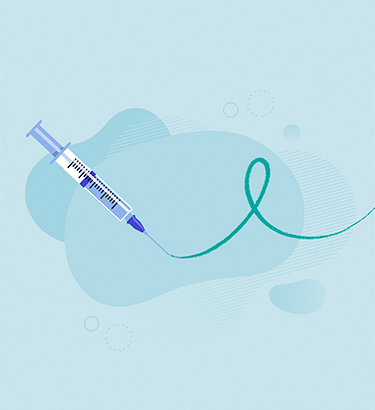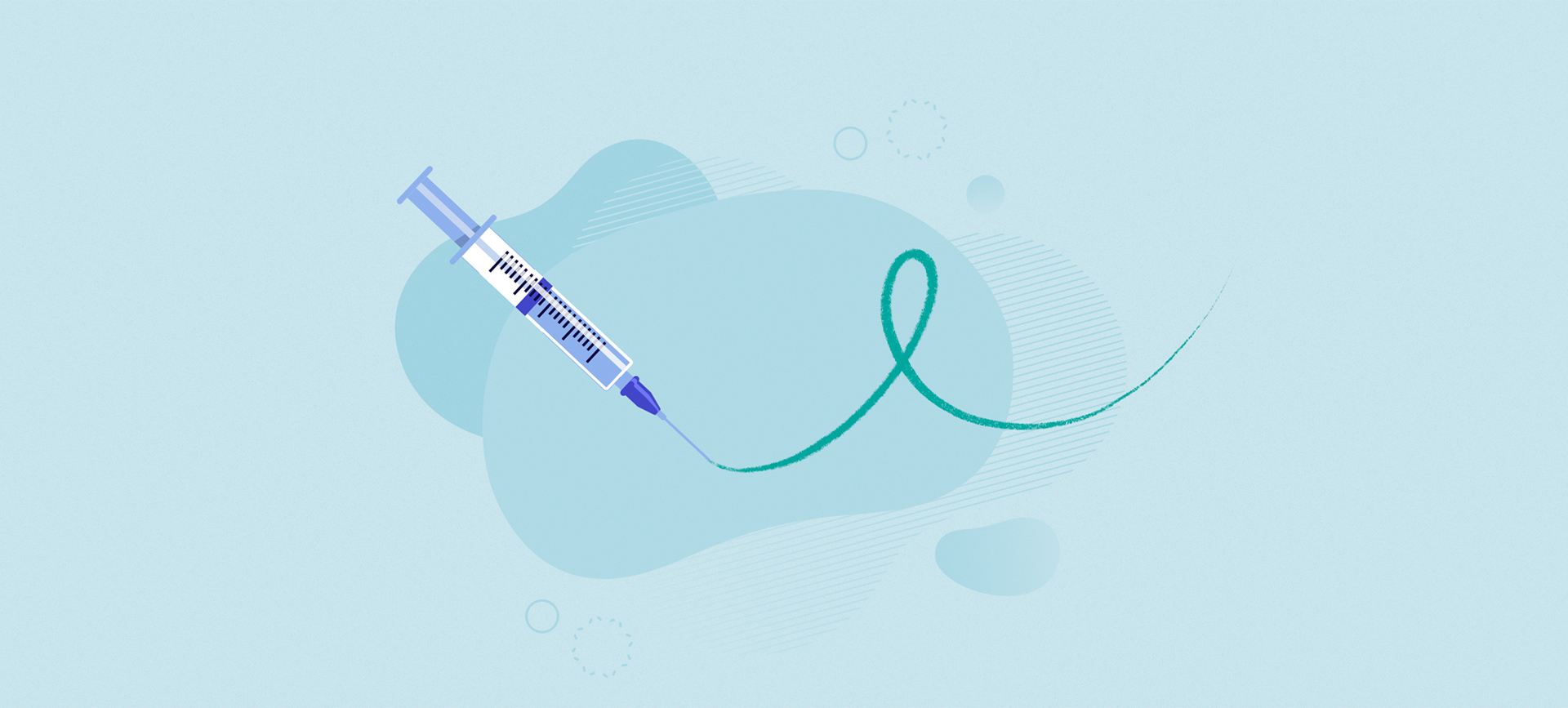Human papillomavirus is actually a group of more than 200 viruses.
"HPV is the most prevalent of all sexually transmitted infections (STIs) and nearly all sexually active individuals will acquire an infection with one or more strains of this virus," said Felice Gersh, M.D., OB-GYN, founder of the California-based Integrative Medical Group of Irvine, who added that you can get an HPV infection in the throat, genitals, vagina and cervix.
Most of the time, your immune system will control and completely get rid of the HPV infection. However, an HPV infection can become chronic and lead to other health conditions, such as genital warts, pre-cancerous cells and certain cancers including cervical cancer.
Almost all cases of cervical cancer are caused by an HPV infection. Cervical cancer, Gersh explained, is one of the first cancers shown to be caused by a virus.
When we think of cancer, we tend to think of environmental factors, such as toxins, and genetic components, such as a parent or sibling having cancer. However, certain viruses, including HPV, have shown us cancer can also come from infections. Since we know that, Gersh stressed, eliminating that infection with a vaccine has the power to prevent deadly cancers.











